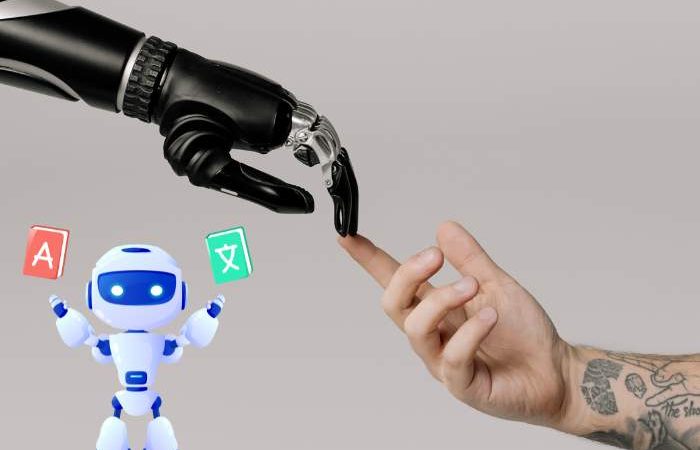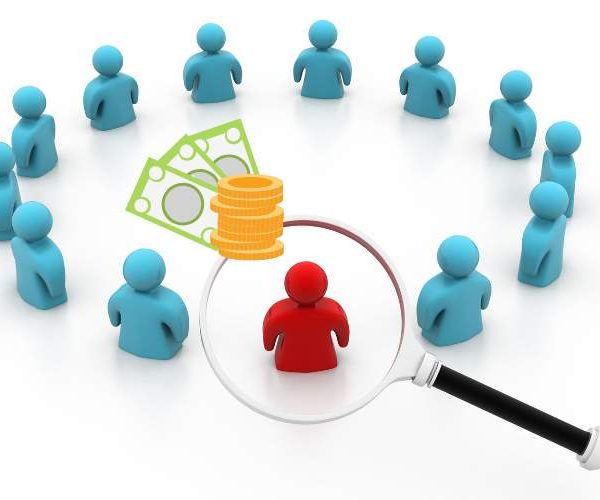
AI Predicts the Date of Your Death: How Accurate Is It?
Imagine a world where artificial intelligence could predict the exact date of your death. It sounds like something straight out of a sci-fi movie, but it’s becoming a reality, thanks to the latest advances in AI technology.
As jaw-dropping as it may sound, AI algorithms are now being developed to estimate life expectancy with unprecedented precision. But just how accurate are these predictions, and what are the ethical implications of knowing your death date?
The Rise of AI in Life Expectancy Predictions
In recent years, AI has made remarkable strides in predicting various aspects of human health. From diagnosing diseases to personalizing treatment plans, the technology has shown its potential in transforming healthcare. One of the latest innovations in this field involves using AI to estimate life expectancy.
How does it work? AI algorithms analyze vast amounts of data, including medical history, genetic information, lifestyle choices, and even social determinants of health. By identifying patterns and correlations in this data, these algorithms can make predictions about an individual’s future health and longevity.
The Science Behind the Predictions
At the core of these AI systems are machine learning models trained on extensive datasets. For instance, researchers have developed models that use information from electronic health records, wearable devices, and genetic testing to forecast potential health issues. Some advanced algorithms even incorporate data from your daily habits, like sleep patterns and exercise routines, to refine their predictions.
While these models can offer insights based on existing data, it’s important to understand that they are not infallible. Predictive accuracy can vary widely depending on the quality and scope of the data used. While some models claim impressive accuracy rates, they still operate within a range of probabilities rather than certainties.
Ethical Quandaries: The Dark Side of Knowing Your Death Date
The idea of knowing your precise death date can be both alluring and terrifying. On one hand, it offers an unprecedented opportunity to plan for the future with exact precision. On the other hand, it raises a host of ethical and psychological concerns.
1. Psychological Impact: Learning your death date could have profound emotional consequences. It might induce anxiety, stress, or even a sense of fatalism, potentially overshadowing the joy of living in the present moment. Can a mere prediction truly encapsulate the complexity of human life?
2. Privacy Concerns: The collection and analysis of personal health data involve sensitive information. How securely is this data stored? Who has access to it? The potential for misuse or unauthorized access to such data could lead to significant privacy breaches.
3. Inequality and Accessibility: The technology behind these predictions is not universally accessible. Wealthier individuals may have more opportunities to benefit from advanced predictive models, while others could be left behind. This disparity could exacerbate existing inequalities in healthcare.
4. Ethical Dilemmas in Decision-Making: Knowing one’s death date might influence decision-making in ways that are not always beneficial. It could lead to risky behaviors motivated by a false sense of invincibility or, conversely, result in unnecessary anxiety and over-cautiousness.
The Road Ahead: Balancing Innovation with Responsibility
As AI continues to evolve, the debate surrounding its role in predicting life expectancy will only grow more intense. While the technology offers exciting possibilities for personalized healthcare, it is crucial to approach it with a balanced perspective.
Transparency and Regulation: To address ethical concerns, there must be clear regulations governing the use of AI in health predictions. Ensuring transparency about how data is collected, analyzed, and used will help maintain public trust.
Mental Health Support: Providing psychological support for individuals who receive such predictions can mitigate potential negative impacts. It’s important that people have access to counseling and mental health resources to navigate the emotional challenges associated with knowing their projected lifespan.
Inclusive Access: Efforts should be made to make these technologies accessible to a broader population, not just the privileged few. Ensuring equitable access will help prevent exacerbation of existing health disparities.
Conclusion: A Future We Can Embrace or Fear?
The notion of AI predicting the date of your death is both captivating and unsettling. While it promises a new frontier in personalized healthcare, it also invites complex ethical questions that society must address. As we continue to explore the possibilities of AI, let us proceed with caution, ensuring that innovation serves humanity in a responsible and equitable manner.
So, what do you think? Would you want to know the date of your death if AI could tell you? Share your thoughts and join the conversation—your perspective could help shape the future of AI in healthcare!
Feel free to share this post and spark a discussion on social media. Let’s dive into the possibilities and challenges of AI’s role in our lives and explore how technology can both enlighten and complicate our existence.





















